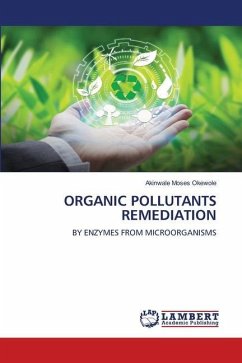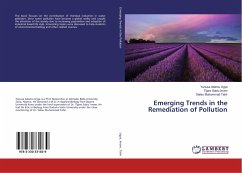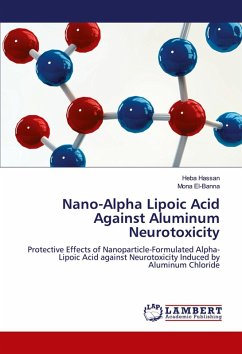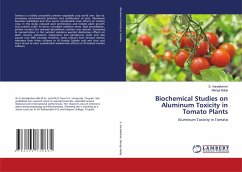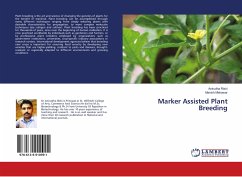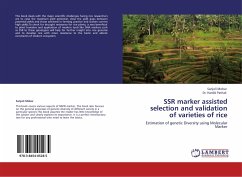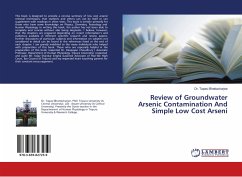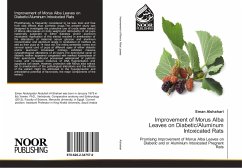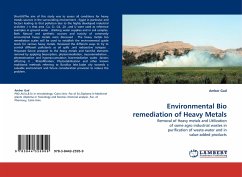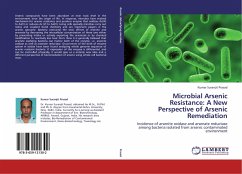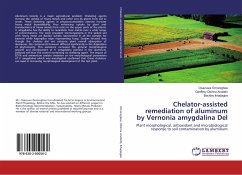
Chelator-assisted remediation of aluminum by Vernonia amygdalina Del
Plant morphological, antioxidant and microbiological response to soil contamination by aluminum
Versandkostenfrei!
Versandfertig in 6-10 Tagen
33,99 €
inkl. MwSt.

PAYBACK Punkte
17 °P sammeln!
Aluminum toxicity is a major agricultural problem. Chelating agents increase the uptake of heavy metals and other ions by plants from soil or water. These chelating agents in phytoaccumulation exercise increase heavy metal bioavailability, thus enhancing uptake by plant and translocations of heavy metals from roots to the upper parts of the plants. V. amygdalina has the ability to remediate toxic metals over a wide range of concentrations. The most prevalent microorganisms in the spiked soil with heavy metal are Bacillus subtilis represented in all the samples for bacteria while Aspergillus ni...
Aluminum toxicity is a major agricultural problem. Chelating agents increase the uptake of heavy metals and other ions by plants from soil or water. These chelating agents in phytoaccumulation exercise increase heavy metal bioavailability, thus enhancing uptake by plant and translocations of heavy metals from roots to the upper parts of the plants. V. amygdalina has the ability to remediate toxic metals over a wide range of concentrations. The most prevalent microorganisms in the spiked soil with heavy metal are Bacillus subtilis represented in all the samples for bacteria while Aspergillus niger representing fungi. Studies showed that though the chelates did not enhance plant overall absorption of aluminum, the compounds however differed significantly in the disposition of phytotoxicity. This assistance increased the general morphological growth and development of V. amygdalina planted in the aluminum polluted soil than the control containing no chelating agent. The impact of EDTA and ammonium oxalate chelation on the morphological parameters of V. amygdalina which was investigated confirmed that these chelators can assist in increasing morphological development of the test plant.



